Question And Answer
Publications
Articles, publications, books, tools and multimedia features from the U.S. Institute of Peace provide the latest news, analysis, research findings, practitioner guides and reports, all related to the conflict zones and issues that are at the center of the Institute’s work to prevent and reduce violent conflict.
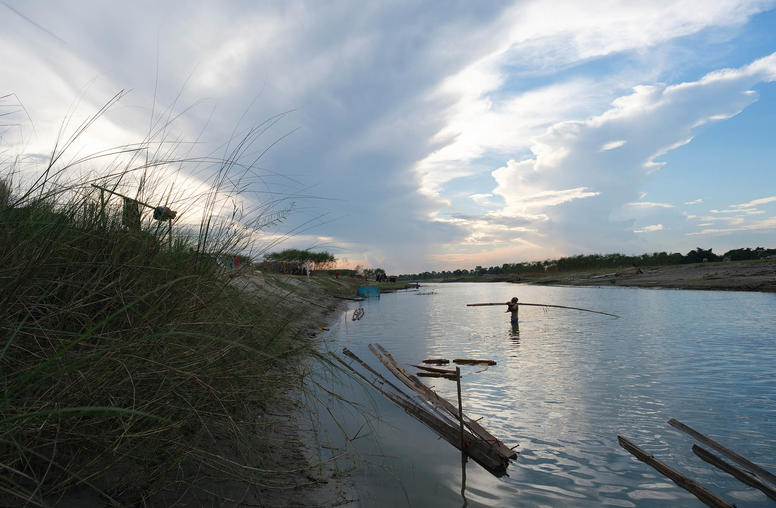
The Water Wars Myth: India, China and the Brahmaputra
South Asia’s Brahmaputra has been cited as one of the basins most at risk for interstate water conflict. While violent conflict has occurred between China and India within the Brahmaputra’s basin boundaries, the risks of conflict over water are in fact low. This is in part because China functionally contributes less to the Brahmaputra’s flow than is commonly perceived and in part because, despite its massive volume, the river can contribute little to solving India’s significant water security challenges. Nonetheless, the Brahmaputra is and will continue to be intimately connected to Sino-Indian tensions largely through the use of water infrastructure investment as a form of territorial demarcation and control.
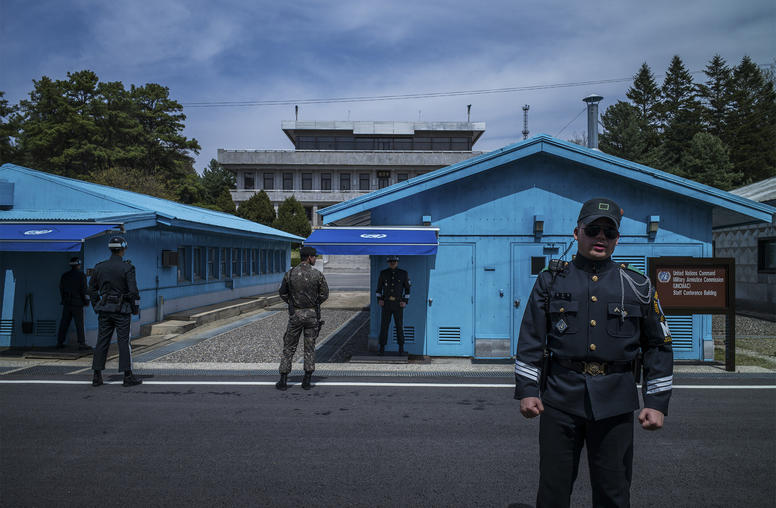
Incremental Denuclearization on the Korean Peninsula
Tensions are rising on the Korean Peninsula as many believe North Korea is planning to conduct the seventh nuclear weapons test in the country’s history and the first since 2017. South Korean President Yoon Suk-yeol has warned of an “unprecedented joint response” and called on China — North Korea’s closest ally — to dissuade Pyongyang from going through with the test. Amid this troubling geopolitical environment, USIP’s Frank Aum discussed the prospects for peace on the Korean Peninsula with Yonsei University’s Dr. Moon Chung-in.
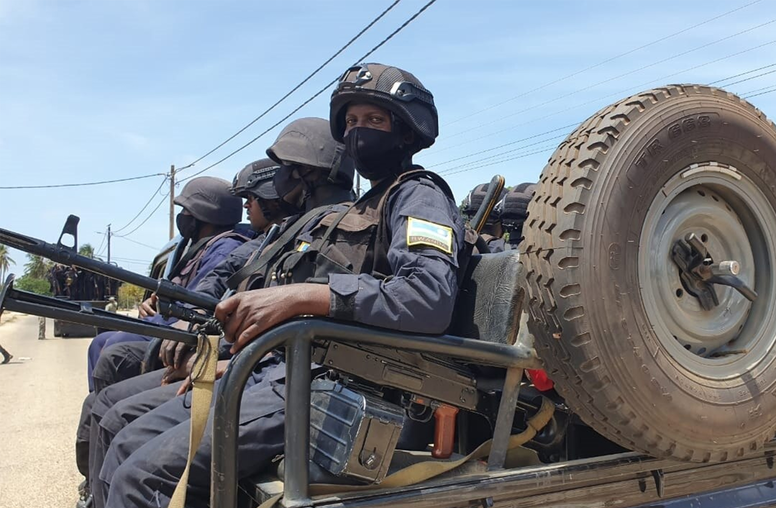
Leverage the Private Sector for a Durable Peace in Northern Mozambique
The Biden administration has a full agenda planned for African heads of state arriving for the U.S.-Africa Leaders Summit in Washington next week. While much of the summit will focus on economic development, peace and security challenges exist throughout Africa. One area where concerted leadership on both fronts could make a real difference is in northern Mozambique, where an African-led regional intervention has helped to stem — but not quell — an insurgency that has ravaged Mozambique’s resource-rich Cabo Delgado province.
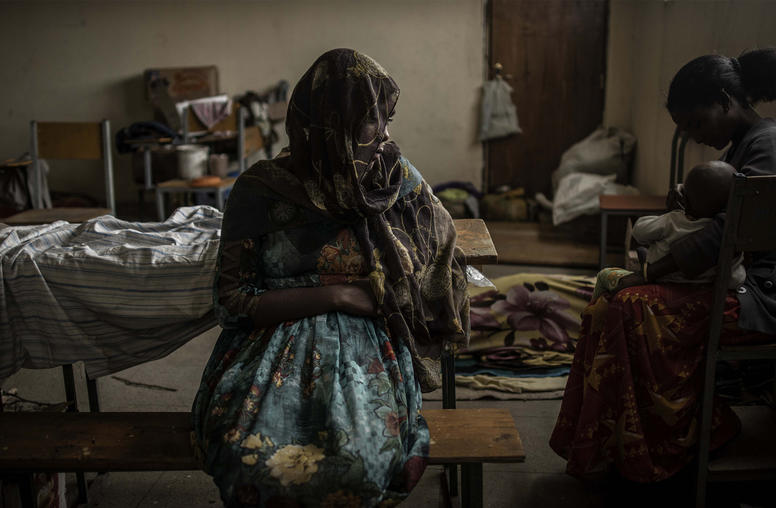
We Have Strategies to Address Gender-Based Violence — It’s Time to Implement Them
Gender-based violence against women and girls is the most pervasive breach of human rights worldwide and a tactical weapon that is fueling violent conflict. In just the last year, we have witnessed an increase in targeted attacks on women leaders, push back against women’s rights, shrinking of civil society space, virulent online harassment, and conflict-related sexual violence all in conjunction with the strengthening of authoritarianism and state aggression. This unparalleled trend is evident in many countries, including Afghanistan, Ethiopia, Iran, Myanmar and Russian-occupied Ukraine.
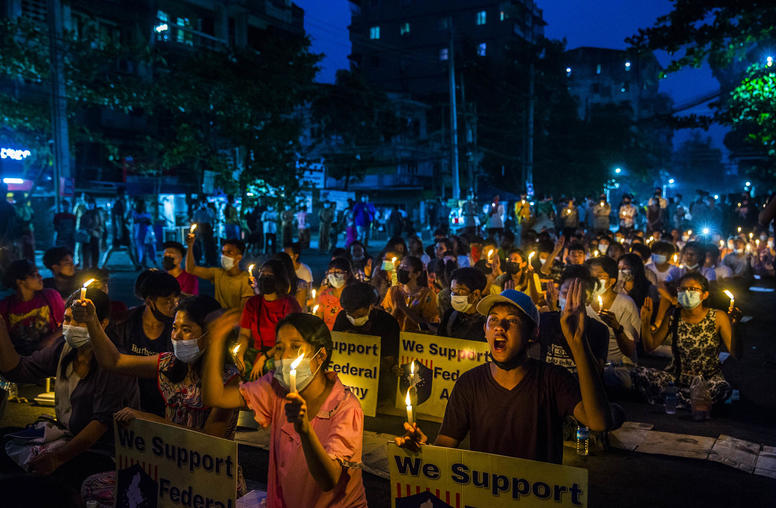
For Myanmar, the Only Path to Stability Runs Through its Web of Resistance Forces
Even as Myanmar’s resistance forces gain ground on the battlefield, much of the international community continues to view the country’s anti-coup movement as fragmented and lacking cohesion. That perception has led some to throw up their hands and disengage from the conflict, while others are considering accepting the junta’s sham elections as a path to restoring stability. Both the premise and conclusion are wrong.
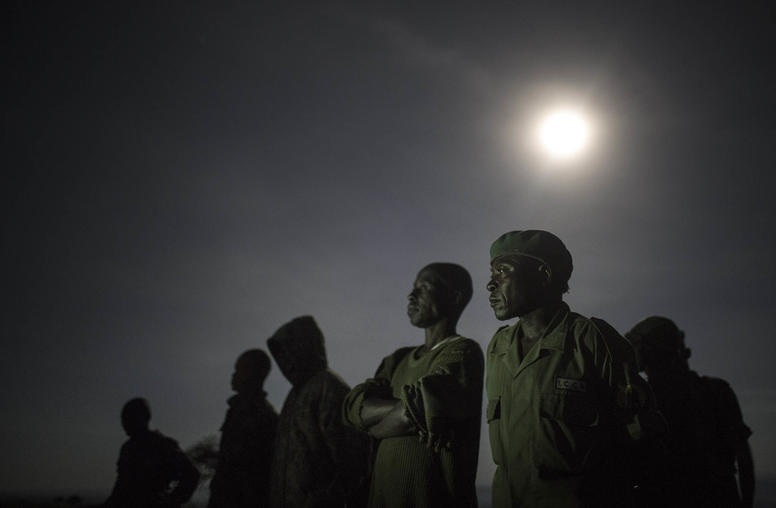
Armed Actors and Environmental Peacebuilding
The eastern provinces of the Democratic Republic of the Congo (DRC) have been the site of decades of conflict between the Congolese army and nonstate armed groups. The region’s conflict dynamics are profoundly affected by the combatants’ exploitation of and illegal trade in natural resources. Drawing lessons from eastern DRC, this report argues that the environmental peacebuilding field needs to do more to understand how armed actors shape resource governance and resource-related conflict, which in turn can lead to better-designed peacebuilding programs and interventions.

Mary Glantz on the G20 Summit
The joint leaders’ statement at the G20 Summit, while largely symbolic, showed that “Russia [is] a lot more isolated than perhaps we’d been led to suspect,” says USIP’s Mary Glantz, adding that Russia’s anti-imperialist justification for the war in Ukraine is “not getting the traction we thought it was.”
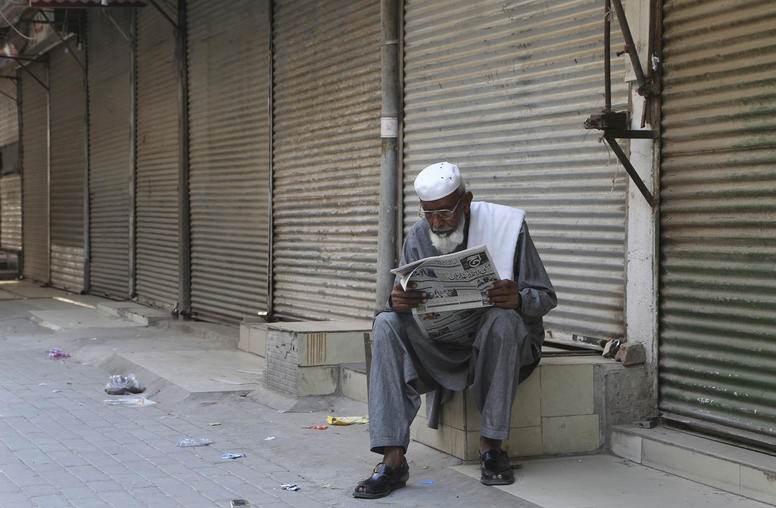
Losing Facts to Fiction: Nationalism, Misinformation, and Conspiracy Theories in Pakistan
Misinformation and conspiracy theories have become staples of mainstream politics in numerous countries around the world—democracies and autocracies alike. Pakistan is no exception. This report examines the causes of pervasive belief in misinformation in Pakistan—particularly nationalistic misinformation—and the consequences for the country’s relations with its neighbors, the risk of international or domestic conflict, and attitudes toward Pakistan’s many ethnic minority groups. The report also discusses steps that policymakers can take to counteract misinformation.
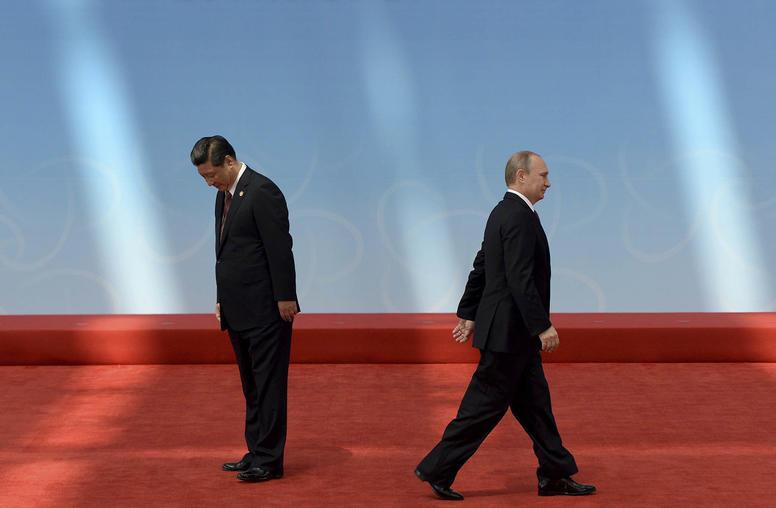
What a Russian Nuclear Escalation Would Mean for China and India
Since Russia began its assault on Ukraine last February, India and China have straddled the fence by hinting at their concerns regarding the war’s global fallout while avoiding direct public criticism of Moscow. Despite rhetorical consternation and calls for a peaceful resolution, neither has shown a willingness to meaningfully push back against Putin’s escalations in Ukraine. Instead, the two Asian nuclear powers are approaching the situation with caution and calculated diplomacy to preserve their own strategic interests — both in Russia and the West.
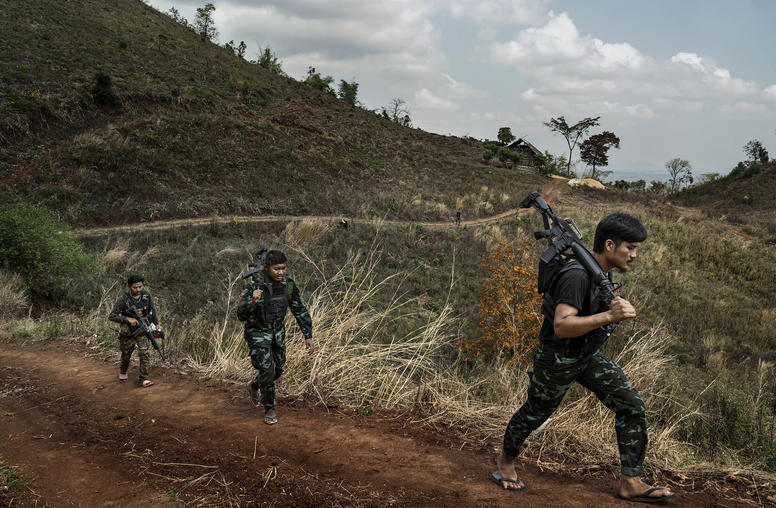
Understanding the People’s Defense Forces in Myanmar
When the People’s Defense Forces (PDFs) first coalesced in Myanmar in 2021, many viewed them as hastily organized groups of young vigilantes who would be quickly overrun by the junta’s military force, known as the Sit-Tat. Instead, the PDFs have grown in size, organization and capability over the last year and half, and now pose a major threat to the junta’s viability. Though they lack heavy equipment, an advanced command structure and international support, the proliferating PDFs have demonstrated remarkable tactical ingenuity and resilience. If they improve their command structure and weaponry, they could help expand territory under resistance control and hasten the junta’s demise.